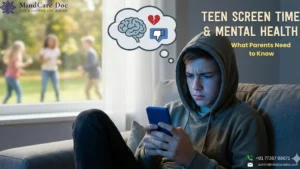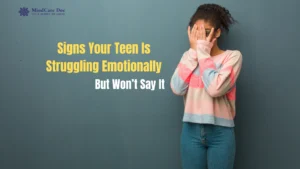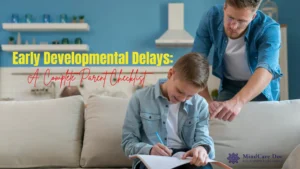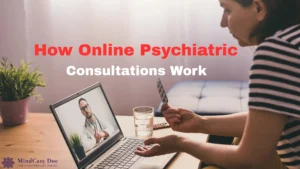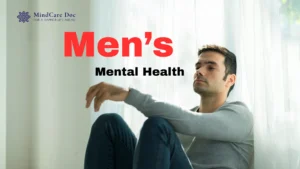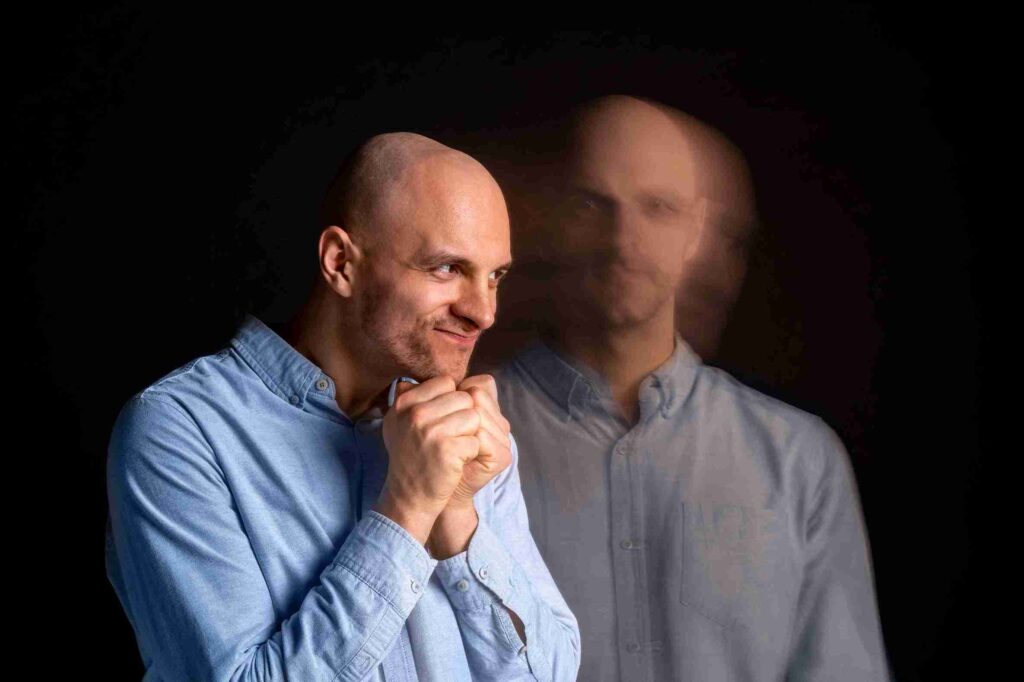
Introduction
Feeling sad is part of being human – whether it’s after a breakup, a setback at school, or a
personal disappointment.
But when sadness becomes constant, heavy, and starts affecting daily life, it could be a sign of
depression – a serious mental health condition that needs attention.
In this blog, we’ll explain the difference between sadness and depression, how to spot teen
mental health signs that signal a need for professional help, and what teen therapy can do to
support recovery.
Understanding Sadness and Depression
What is Sadness?
Sadness is a temporary emotional response to a challenging event. It usually fades with time or
positive change. While it can hurt, it rarely impacts every part of your life for long.
What is Depression?
Depression is more than “feeling low.” It’s a persistent mental health disorder that can last weeks,
months, or even years. It can appear with no obvious trigger and affects how a person thinks,
feels, and functions daily. For teenagers, depression can affect school performance, relationships,
and self-esteem.
Key Differences Between Sadness and Depression
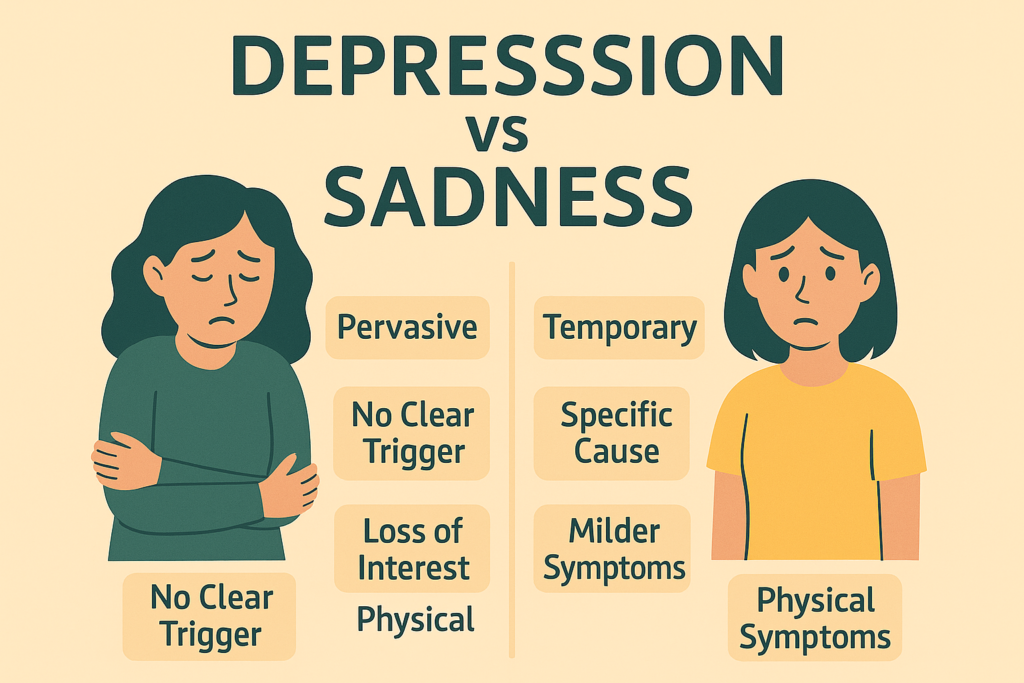
Duration and Intensity
● Sadness: Comes and goes, tied to specific events.
● Depression: Lasts at least two weeks or more, with a deep, persistent sense of
hopelessness.
Impact on Daily Life
● Sadness: You may feel down but can still carry on with daily activities.
● Depression: Even basic tasks like getting out of bed or attending school can feel
impossible.
Physical and Emotional Symptoms
● Sadness: Tearfulness, low mood.
● Depression: Major changes in sleep, appetite, and energy, along with emotional
numbness or emptiness.
Hopelessness or Suicidal Thoughts
● Sadness: Rarely includes thoughts of self- harm.
● Depression: Can include harmful thoughts a clear signal to seek teen counseling services or
immediate help.
When to See a Professional
Signs It’s More Than Sadness
Your teen may need therapy for teenagers if they:
● Feel low for more than two weeks
● Lose interest in hobbies and friends
● Withdraw from family
● Struggle to focus or make decisions
● Express feelings of worthlessness or thoughts of self-harm
Why Early Help Matters
Getting counseling for teens early can prevent symptoms from worsening and support faster
recovery.
How Depression is Diagnosed
Professional Assessment
A therapist or mental health professional will ask about symptoms, emotional history, and daily
habits. For teen therapy, they may also involve parents or caregivers to understand family
dynamics
Ruling Out Physical Causes
Since conditions like thyroid issues can affect mood, medical tests may be part of the evaluation.
How Treatment Works
Talk Therapy (Counseling)
Approaches like CBT or interpersonal therapy help teens develop coping skills and reframe
negative thinking.
Medication
When needed, antidepressants can help balance brain chemistry – often used alongside therapy
for better results.
Lifestyle and Self Care
Exercise, balanced nutrition, healthy sleep, and mindfulness are vital in teenage depression help
programs.
Support Systems
Strong connections with friends, family, or support groups enhance recovery.
How Dr. Mind Care Can Help
Our Approach to Treating Depression
We create personalized treatment plans combining teen counseling services, family counseling,
and holistic methods like relaxation techniques.
Our Team of Experts
Our licensed therapists and psychiatrists specialize in teen mental health, providing
compassionate, evidence-based care.
Flexible Ways to Get Help
Choose in-person sessions at our clinic or online therapy for teens for convenience and privacy.
Wrapping It Up
Sadness is temporary. Depression is a medical condition that needs care. If your teen is showing
signs they need therapy, reaching out for professional help could be the first step toward healing.

